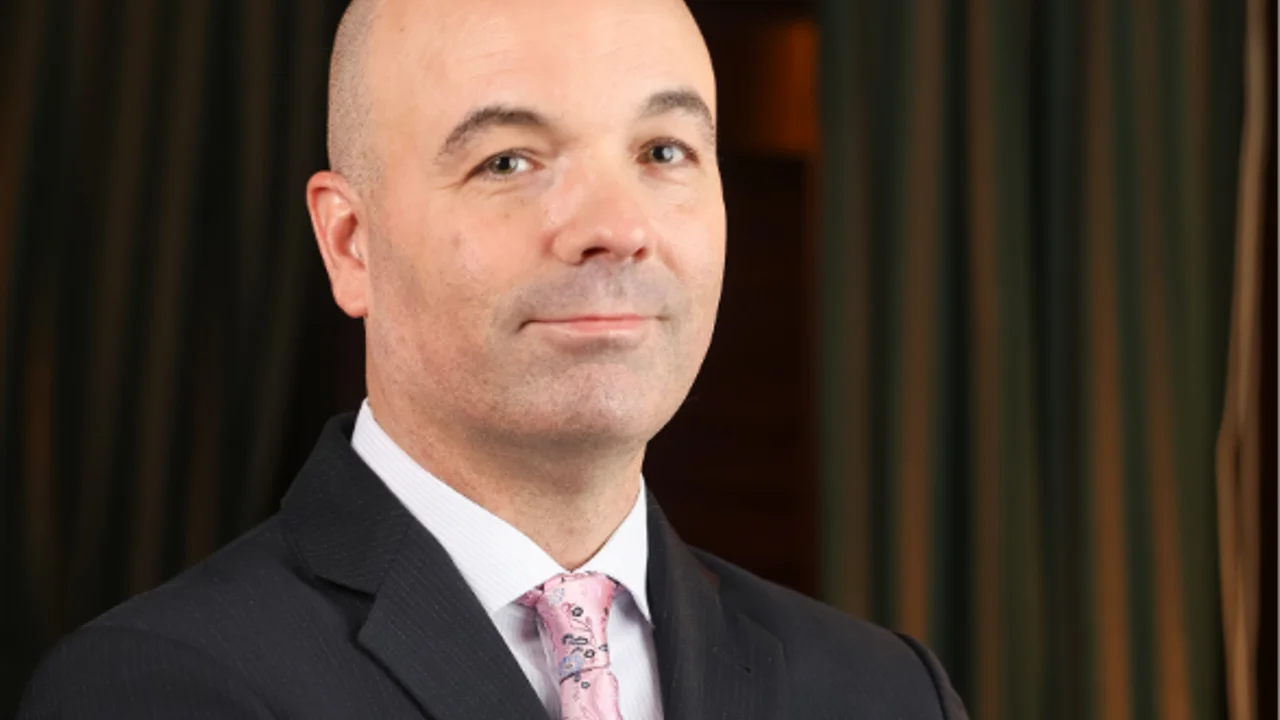Applications to the Longitude Prize on ALS are open until 3 December 2025.
The Longitude Prize on ALS would not be possible without the support of our international funders.
We recently spoke to Patrick Brannelly, CEO of The 10,000 Brains Project – one of our US-based funders. Among other things, Pat speaks about the organisation’s involvement in the Prize, the broader opportunities for those thinking about entering, and some of the real-world implications of the Longitude Prize on ALS.

What is the main focus of The 10,000 Brains Project?
The 10,000 Brains Project is dedicated to accelerating breakthroughs in neurodegenerative disease research by harnessing innovative technologies – particularly artificial intelligence (AI) – and building the infrastructure needed to support transformative science. Our priorities include enabling access to high-quality datasets, supporting the development of advanced analytical tools, and fostering collaborations that break down the siloes that have slowed progress for too long. We need to try new approaches to scientific research and create the conditions where innovation can flourish more easily.
As an organisation, what is your role within the bigger picture of neurodegenerative disease research?
We see ourselves as both a catalyst and a connector. We invest in projects and partnerships that have the potential to change the research landscape –whether that’s creating a digital brain banking program or building a vetted portfolio of AI tools for scientists. We also work to bring together researchers, technologists, advocates and funders who share our desire for change but might not otherwise find each other. Our role is to bridge the gap between the enormous potential of today’s technologies and the pressing needs of the neurodegenerative disease community.
Is there any advice that you would offer to innovators thinking about applying to the Longitude Prize on ALS?
My advice is to be bold and think beyond the boundaries of your core discipline. ALS is a complex and devastating disease, and solving it will require approaches that combine fresh perspectives with scientific rigour. I encourage you to build collaborations with people who bring different expertise to the table. And don’t underestimate your ability to make a big impact – over the last few years we have seen that it's possible to develop disease modifying treatments for ALS and other neurodegenerative diseases. Your work could make a life-changing difference for patients in need.
The Longitude Prize on ALS is a challenge prize: a prize format that supports open innovation with a level playing field for innovators. Why is innovation so key to solving some of the world’s most pressing challenges?
The problems we’re facing in ALS and other neurodegenerative diseases are too big and complex for any one lab or company to solve alone. Innovation thrives when we bring in fresh perspectives and offer equal opportunity to all kinds of talented problem solvers, from established research teams; to start-ups; to individual inventors. A challenge prize like this removes traditional barriers to entry and creates an environment where the best ideas can emerge, regardless of where they come from.
What do you see as the longer-term opportunities for those who enter the Prize?
Beyond the funding, participants will gain access to curated datasets, technical guidance, and a network of peers and mentors from across the ALS and AI research communities. This creates opportunities to refine and scale solutions that could be applied not only to ALS, but to other neurodegenerative diseases as well. In the long run, the work achieved through the Prize could position innovators to contribute to – and benefit from – a growing global ecosystem of open, AI-driven biomedical research. This is a highly visible programme, so all participants will gain valuable exposure among potential funders and partners.
ALS research has received growing support in recent years – with fundraising efforts such as the Ice Bucket Challenge placing a spotlight on the disease. What key changes or progress have you seen in this space over the past decade?
The Ice Bucket Challenge was a turning point in public awareness, but more importantly, it injected significant new funding into ALS research. Over the past decade, we’ve seen advances in genetic understanding, the development of new biomarkers, and the approval of new therapies for selected subgroups of ALS patients. There’s also been a cultural shift toward greater data sharing and interdisciplinary collaboration, which is critical for accelerating progress. While we still have a long way to go, the momentum in the ALS research space is stronger than ever – and initiatives like the Longitude Prize on ALS are helping to sustain and expand it.